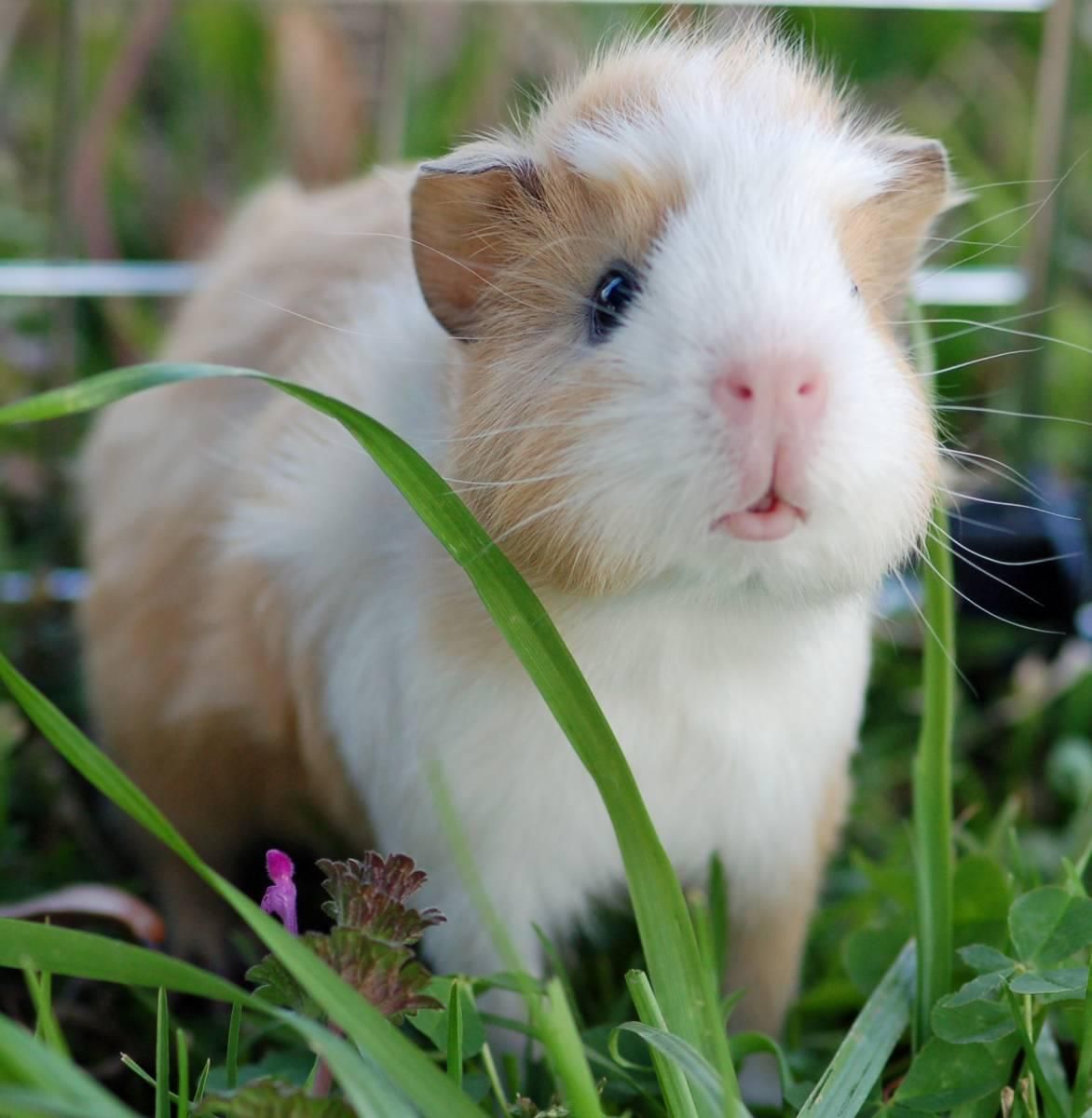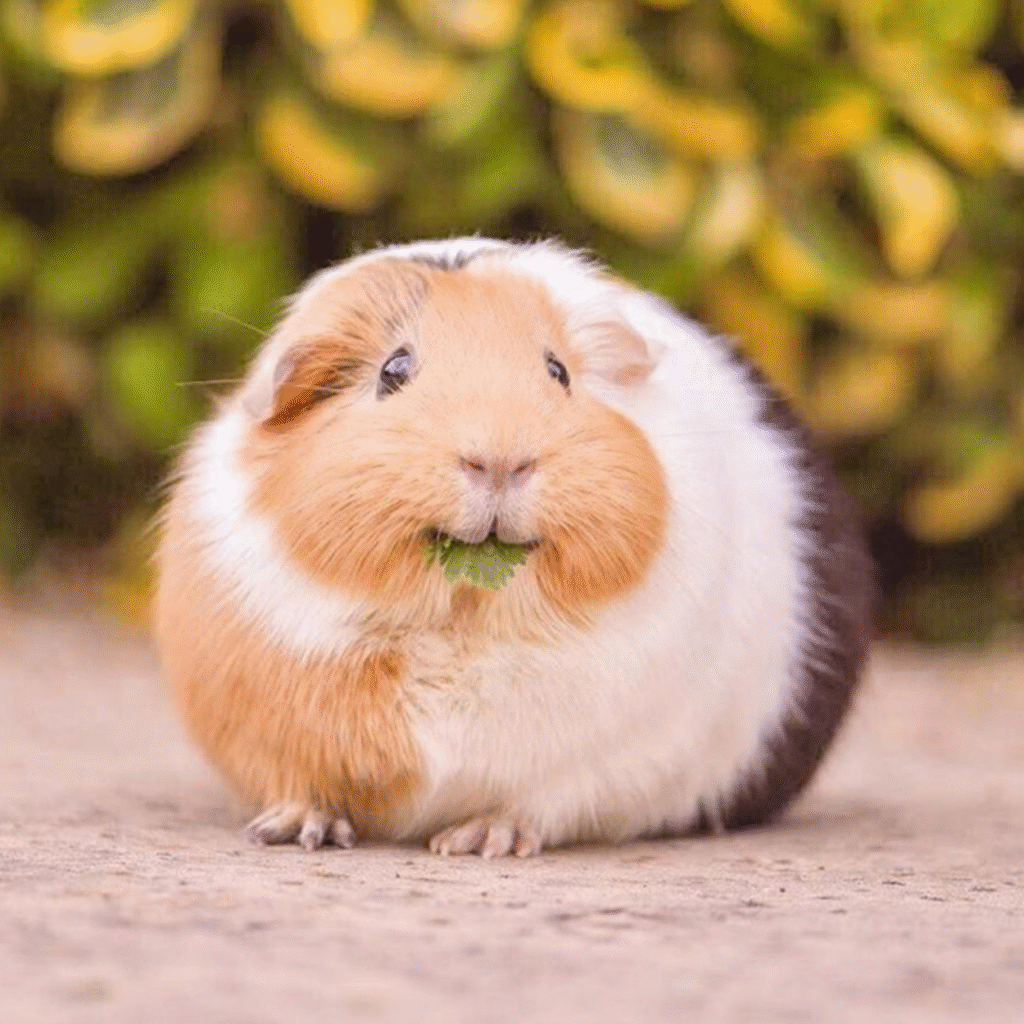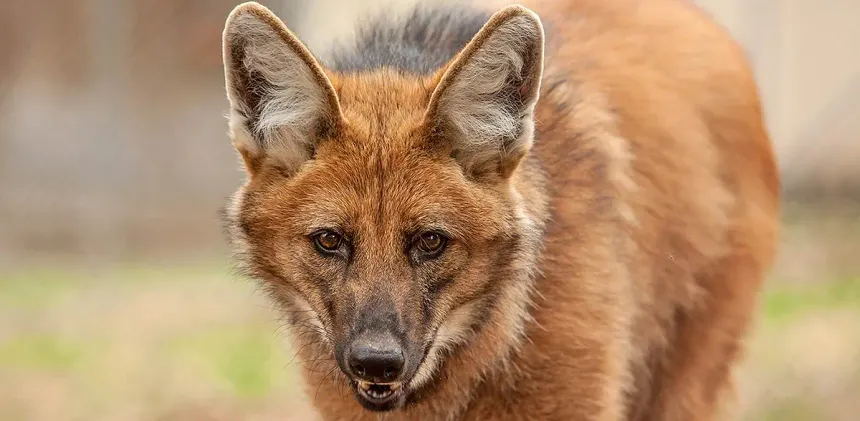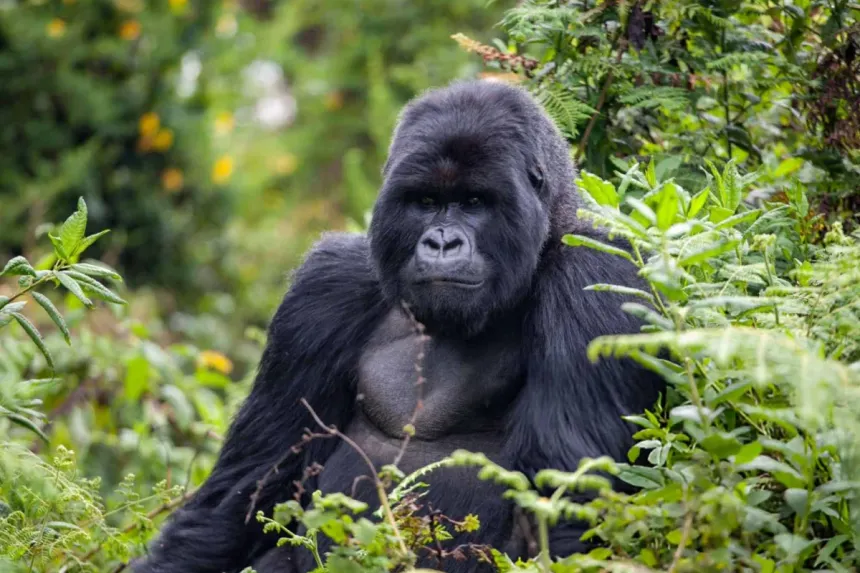Guinea Pigs POPCORN when happy !!!

Guinea pigs, also known as cavies, are among the most beloved small pets worldwide. Native to the Andes Mountains in South America, these furry little animals are known for their friendly temperament, unique vocalizations, and low-maintenance care. Despite their name, guinea pigs are not pigs, and they didn’t come from Guinea. In fact, they’re rodents—closely related to chinchillas and porcupines—and have been domesticated for thousands of years.
Guinea pigs belong to the genus Cavia, with the most common domesticated species being Cavia porcellus. They were originally domesticated by the Inca Empire for food and ceremonial purposes. Today, they’re bred around the world as household pets, show animals, and even for scientific research due to their calm nature.
Guinea pigs make excellent pets for children and adults alike. They are gentle, social, and rarely bite. They enjoy interaction and even recognize their owners by sound and smell. With proper care, guinea pigs can live 5 to 8 years, and some even reach 10 years or more.
Unlike hamsters, guinea pigs don’t sleep all day—they are crepuscular, meaning they are most active during dawn and dusk, but can be seen scurrying about throughout the day.
One of the most charming traits of guinea pigs is their wide range of vocalizations. They “wheek” when excited (especially at feeding time), “purr” when content, and make “chutting” or “chirping” sounds when exploring. These sounds, along with their expressive body language, make them engaging and entertaining pets.

Guinea pigs are herbivores and require a diet rich in hay, fresh vegetables, and specially formulated guinea pig pellets. Most importantly, they need a daily source of vitamin C, as they cannot produce it on their own. Without enough vitamin C, guinea pigs can develop scurvy, a potentially serious condition. Leafy greens like romaine lettuce, parsley, bell peppers, and small amounts of fruit can help provide essential nutrients.Guinea pigs need a spacious, well-ventilated cage with a solid floor. Wire-bottom cages can injure their feet. The enclosure should be filled
with bedding such as paper-based products or fleece liners. Guinea pigs are naturally clean animals but require regular cage cleaning to prevent odor and health issues.
They also thrive with companionship, preferably of their own kind. In many places, it’s illegal to keep just one guinea pig because of their strong need for social interaction. A pair of same-sex guinea pigs or a neutered male with females is ideal for harmony.
Fun Facts About Guinea Pigs
- They popcorn when they’re happy—jumping and twisting mid-air!
- Their teeth never stop growing, so chew toys and hay are crucial to wear them down.
- Guinea pigs have a keen sense of hearing and can recognize their owners’ footsteps or voice.
- They groom themselves and their companions using their teeth and tongues.
Guinea pigs are affectionate, gentle, and surprisingly expressive animals that form strong bonds with their owners and fellow piggies. Whether you’re looking for a low-maintenance pet for a child or a loving companion for yourself, guinea pigs offer endless delight and heartwarming interactions. With the right diet, space, and socialization, your guinea pig can thrive and bring joy to your home for years to come




